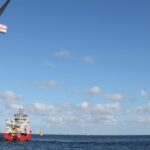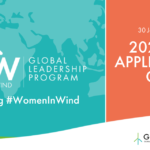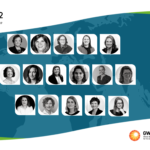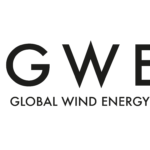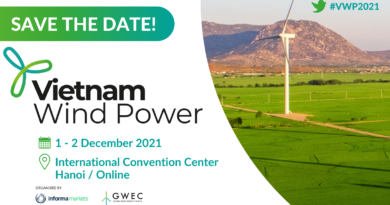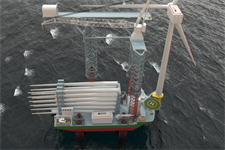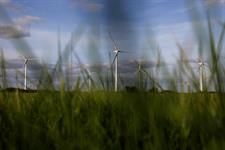Women in Wind 2020 Q&A: Juliana Kainga
Energy Disrupter

Juliana is a Senior Business Development Manager at Enel Green Power, based in Nairobi, Kenya. She holds a Bachelor’s in Telecommunication Engineering from Jomo Kenyatta University of Agriculture and Technology. She has worked in energy for over 7 years with her first role being in wind energy for a 100MW project in Kenya working for GE Energy.
She is currently working with Enel Green Power a global leader in renewable energy in business development undertaking projects in solar, hydro, geothermal and wind. Her current role covers projects in Eastern Africa and oversight on wind projects in West Africa. She is a board member of the Electricity Sector Association of Kenya (ESAK), an association that advocates for sustainable energy policies and solutions by private sector players.
How did you first become interested in renewable energy and joining the clean energy transition?
My first job was in the renewable energy sector. I graduated with an engineering degree almost 10 years ago and was looking for an opportunity that would allow me to apply the theoretical knowledge I had amassed during my years in university, while still exposing me to the commercial elements of a technical based industry. At the time, there were only a handful of companies in Kenya that were looking at renewable energy, and luckily I ended up joining an organization that was heavily invested in the inclusion of large-scale renewable energy projects in Kenya’s energy mix.
Working as a project developer for a 100 MW wind project at the time gave me the opportunity to see first-hand the impact of renewable energy for the country and, more importantly, the communities living within the project area. The shared value created for the communities – which included job opportunities, upgrading of healthcare facilities, access to clean water and improved/ new healthcare facilities – were the reasons my interest was piqued regarding the clean energy transition. This sustainable business model was quite new at the time in Kenya, and 10 years later the impacts are 10-fold to both the organization and the communities involved.
Tell us about your expertise and passion in the sector. For you, what is the next “space to watch” in renewable energy?
My passion for the sector is deepened the more I work in the industry. Since my first role in renewable energy, I have been involved in development of different renewable energy technologies from a commercial standpoint with Enel Green Power, and more recently in policy and regulation matters as a board member of the Electricity Sector Association of Kenya (ESAK). This has given me invaluable experience in project development of large scale renewable energy projects, strategy in competitive procurement of renewable energy, financial analysis of projects, complex contract negotiations with key stakeholders within the project value chain and advocacy matters at the intersection of business and government.
The next space to watch is Africa – if we haven’t already been doing so. In the most recent study on the wind potential in Africa, 27 countries have enough wind potential on their own to satisfy the entire continental electricity demand, estimated at 700 TWh annually. In countries like Kenya, the technical potential is over 1,000 GW. We have a long way to go before we can fully take advantage of this potential, as barriers like grid connectivity and stability become a big part of the conversation.
However, with every challenge there is an opportunity and there are policies and regulations under development which are looking at different models that would allow for more uptake of cheaper and cleaner energy at a larger scale. Adoption of large of storage applications is one that would be complementary to the implementation of wind power. Another area to look out for is the private PPA market, where large industries directly procure renewable energy from power producers – this is already a reality in places like South Africa and a lot more activity has been noted in other countries.


